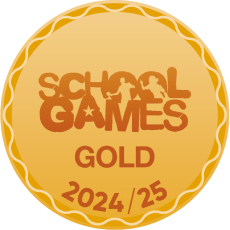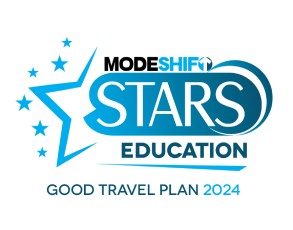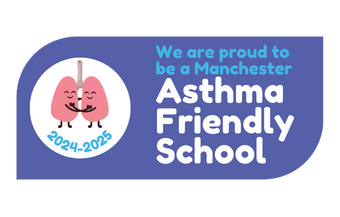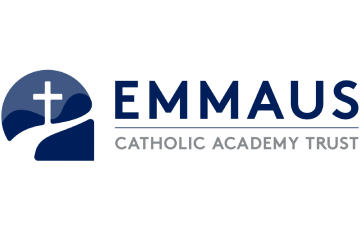Early Reading and Phonics
Intent
At St Dunstan’s, we believe that early reading is essential for children’s future success. We know and understand that phonics and word recognition is the foundation on which all reading development is built.
Our intent is for all EYFS & KS1 pupils at St Dunstan’s to become fluent, skilled and confident readers. This is achieved through the teaching of phonics, following the Little Wandle programme. Initially, we want our children to use their phonics knowledge to segment and blend phonetically decodable words whilst reading non-decodable words on sight (tricky words).However, the ultimate goal is for our pupils to read with increasing fluency and automaticity.
We want to make sure that the teaching of reading focuses on developing the children’s skills in Speaking and Listening, Phonics and Word Reading and comprehension. To do this, we ensure that:
·Direct phonics lessons are taught every day in EYFS and KS1.
·Phonics lessons show fidelity to the Little Wandle Letters and Sounds Revised Scheme of Work.
·Children have a decodable book matched to their phonetic ability which they also take home to build confidence and fluency.
·Staff provide keep up sessions for children who need extra support.
·Teachers instil a love of reading through the curriculum and environment.
Implementation
Foundations for Phonics in Nursery
At St Dunstan’s, we provide a balance of child-led and adult-led experiences for all children so that they meet the curriculum expectations for ‘Communication and Language’ and ‘Literacy’. These include:
sharing high-quality stories and poems
·learning a range of nursery rhymes and action rhymes
activities that develop focused listening and attention, including oral blending and initial sound recognition.
exposure and attention to high-quality language and vocabulary.
We ensure Nursery children are well prepared to begin learning grapheme-phoneme correspondences (GPCs) and blending in Reception by exposing them to mnemonics they will see when they begin phase 2.
Reception and KS1 Phonics Lessons
Children in Reception and Year 1 receive a daily 30 minutes phonics lesson. The systematic synthetic phonics programme we have chosen is called Little Wandle: Letters and Sounds Revised.
Children in Reception are taught to read and spell words using Phase 2 and 3 grapheme-phoneme correspondences (GPCs), and words with adjacent consonants (Phase 4) with fluency and accuracy.
Children in Year 1 review Phase 3 and 4 and are taught to read and spell words using Phase 5 GPCs with fluency and accuracy.
Phonics lessons follow a four-part structure:
Revisit and Review - Children read previously taught GPCs, decodable words and tricky words.
Teach - Children are taught to read a new GPCs and tricky word.
Practise - Children practise reading the new GPC in new words.
Apply - Children learn to spell words and write sentences using the new GPC.
Each Friday, we review the week’s teaching to help the children become fluent readers. Ongoing assessment ensures that targeted keep up sessions can be given to children who need extra support with phonics.
Reception Reading Sessions
In addition to a daily phonics lesson, children in Reception also receive reading practice sessions three times a week. During the session, children will read a book containing the GPCs they have learnt to an adult. The reading sessions follow a three-part structure:
Decode - The children decode the text by applying the skills that they have practised in phonics lessons.
Prosody - The children read the book with more fluency and a focus on developing meaning, intonation and expression.
Comprehension - The children are taught to understand the text.
At the end of the week, children take the same book they have read in school home with them to share with parents and carers. These books are closely matched to each child’s phonics ability and are closely monitored to ensure that children are reading books of an appropriate level.
Impact
The impact of our early reading and phonics provision is evident through the following:
·By the end of Year 2 - Pupils are able to recognise familiar printed words and work out the pronunciation of new or unfamiliar words using their decoding skills.
·Pupils are able to read non-decodable words by sight.
·Pupils are able to read with increasing confidence, independence and automaticity.
·Pupils who are in Year 3 and above can confidently apply their phonetic knowledge. Where this is not the case, a programme of rapid catch up support is put in place.
·Ongoing daily assessment and termly assessment using Little Wandle assessments and Phonics Screening Checks help us to determine the children’s next steps and identify any gaps in their learning. A programme of keep up sessions are put into place to support those who need extra help.
https://www.littlewandlelettersandsounds.org.uk/resources/for-parents/
 St Dunstan's School
St Dunstan's School









